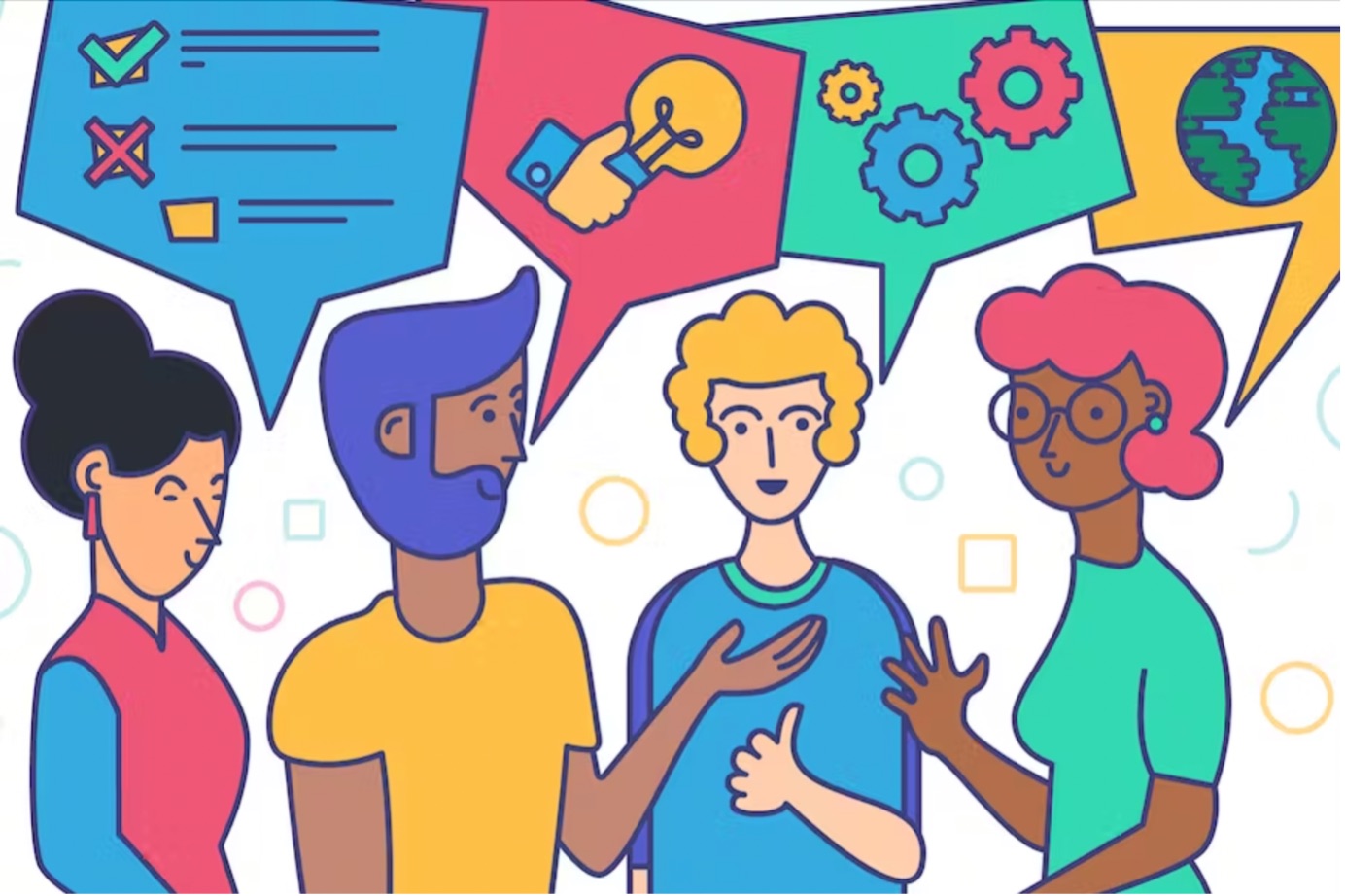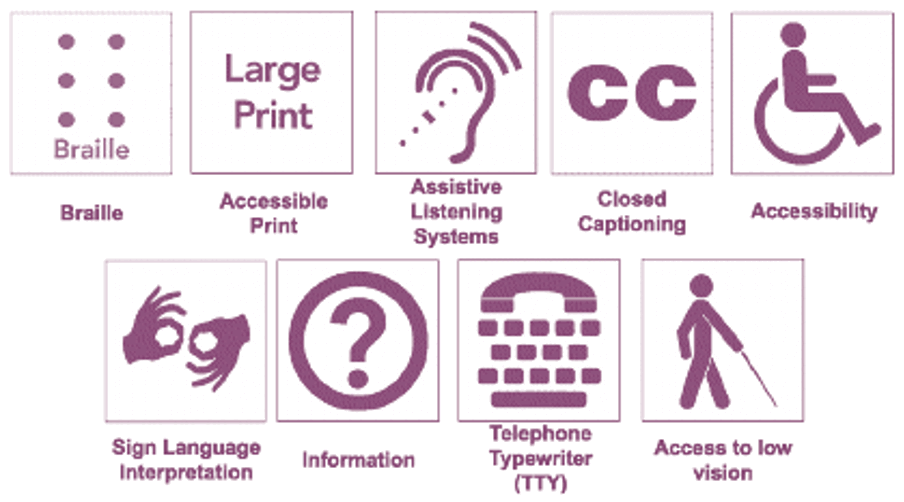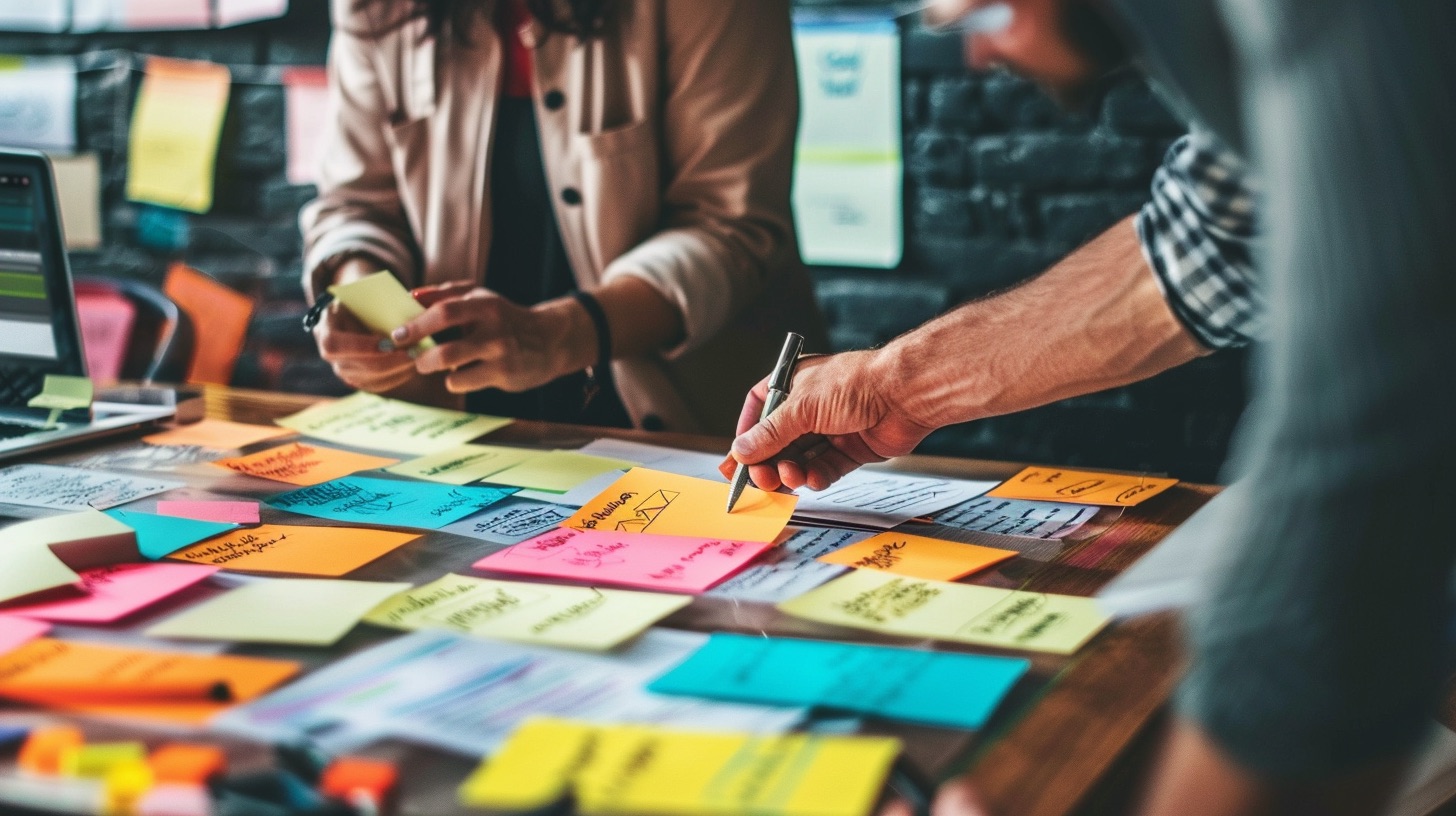Written by Lauren Renshaw
While the success of an event can be determined by financial revenue, one key indicator is the level of engagement and participation from its attendees. With this in mind, it’s crucial to ensure inclusivity and accessibility for all, meaning there are no limitations when it comes to attending and enjoying our events.
What is Inclusivity / Accessibility in Event Planning?
Inclusivity is about creating a welcoming and safe environment that celebrates diversity and respects differences. It means ensuring that everyone is included, regardless of their race, gender, age, religion, nationality, ability, or any other characteristic. Inclusivity in event planning involves designing events that cater to the diverse needs of the attendees, providing equal opportunities for participation, and promoting a culture of tolerance and acceptance.
Accessibility is about ensuring events are easy to access and participate in for everyone, regardless of their abilities. This can involve providing facilities such as accessible seating, audio descriptions, and sign language interpreters, and making sure that the event venue is accessible to those with disabilities.
Why is Inclusivity / Accessibility Important in Event Planning?
With 1 in 5 people in the UK being disabled, it is likely 1 in 5 people that attend an event will have a disability. Inclusivity is crucial in event planning as it ensures events are accessible to everyone, including those with disabilities. It also promotes diversity, which is essential for creativity, innovation, and growth. Events that celebrate diversity and respect differences are more likely to attract a broader audience, including individuals from different cultures, religions, and backgrounds. This, in turn, diversifies discussions and creates opportunities for networking, collaboration, and learning.
Inclusivity also promotes social justice and equity. It ensures that everyone has equal opportunities to participate in events, regardless of their social, economic, or cultural status. This is important because events are often used as a platform for advocacy, awareness-raising, and social change. By making events inclusive, event agencies and their clients can promote equity and make a positive impact on society.
Similarly, accessibility is important in event planning as it ensures that people with disabilities can participate in events, which is crucial for their social, emotional, and mental wellbeing. With the events we run, from large-scale sporting competitions to incentives such as Employee of the Year, accessibility means everyone can participate and enjoy themselves, regardless of their abilities.

How to Ensure Inclusivity and Accessibility in Event Planning
Event planners can ensure inclusivity and accessibility in several ways. Our Guest Experience team, for example, could conduct an assessment to identify the diverse needs of attendees, including those with disabilities. This can be done by consulting with disability rights groups or surveying attendees pre-event. Conducting site visits to the event venue is also key; it means the Project Lead will be aware of any potential issues and can resolve them with the venue beforehand.
As an events agency, we can design events that cater to the diverse needs of attendees. Facilities can be considered and provided such as accessible seating, audio descriptions, and sign language interpreters. It’s also important that the venue can be adapted accordingly, from providing accessible parking and routes of travel, elevator access, accessible toilets, and accessible seating. It can even be as easy as including captions within the video content we produce – our Edit team can add subtitles to ensure any guests who might be hard of hearing can understand and enjoy the content shown at our events.
Event planners can promote a culture of inclusivity and accessibility by providing training and awareness-raising sessions for event staff and volunteers. This can include providing disability sensitivity training, promoting diversity and inclusion policies, and ensuring that event staff and volunteers are aware of the needs of attendees with disabilities, and briefed accordingly.
It’s also important to ensure marketing and promotional materials are accessible to everyone. This can include providing alternative formats such as Braille, large print, and audio descriptions, and ensuring that websites and social media accounts are accessible to people with disabilities.

Finally, event planners can work with disability rights groups and organisations to ensure that their events are inclusive and accessible. These organisations can provide valuable insights and advice on how to make events more accessible, and can help promote the event to the disability community. For example, for an upcoming sporting event later this month, brand brewery is supporting a client with a disability and inclusivity showcase. This will take the form of a blind football team demonstrating how they play and enjoy the sport. Guests will be able to ask questions, understand the challenges faced, and learn more on how sport can be adapted to suit disabilities.
Conclusion
Inclusivity and accessibility are essential components of event planning. Ensuring that events are inclusive and accessible to everyone, regardless of their abilities, promotes diversity, social justice, and equity. It also ensures that everyone has equal opportunities to participate in events, and feel valued and welcome regardless of their social, economic, or cultural status. Here at bb we will always adapt our events for those in need, and strive to provide the most enjoyable experience possible for every attendee.

